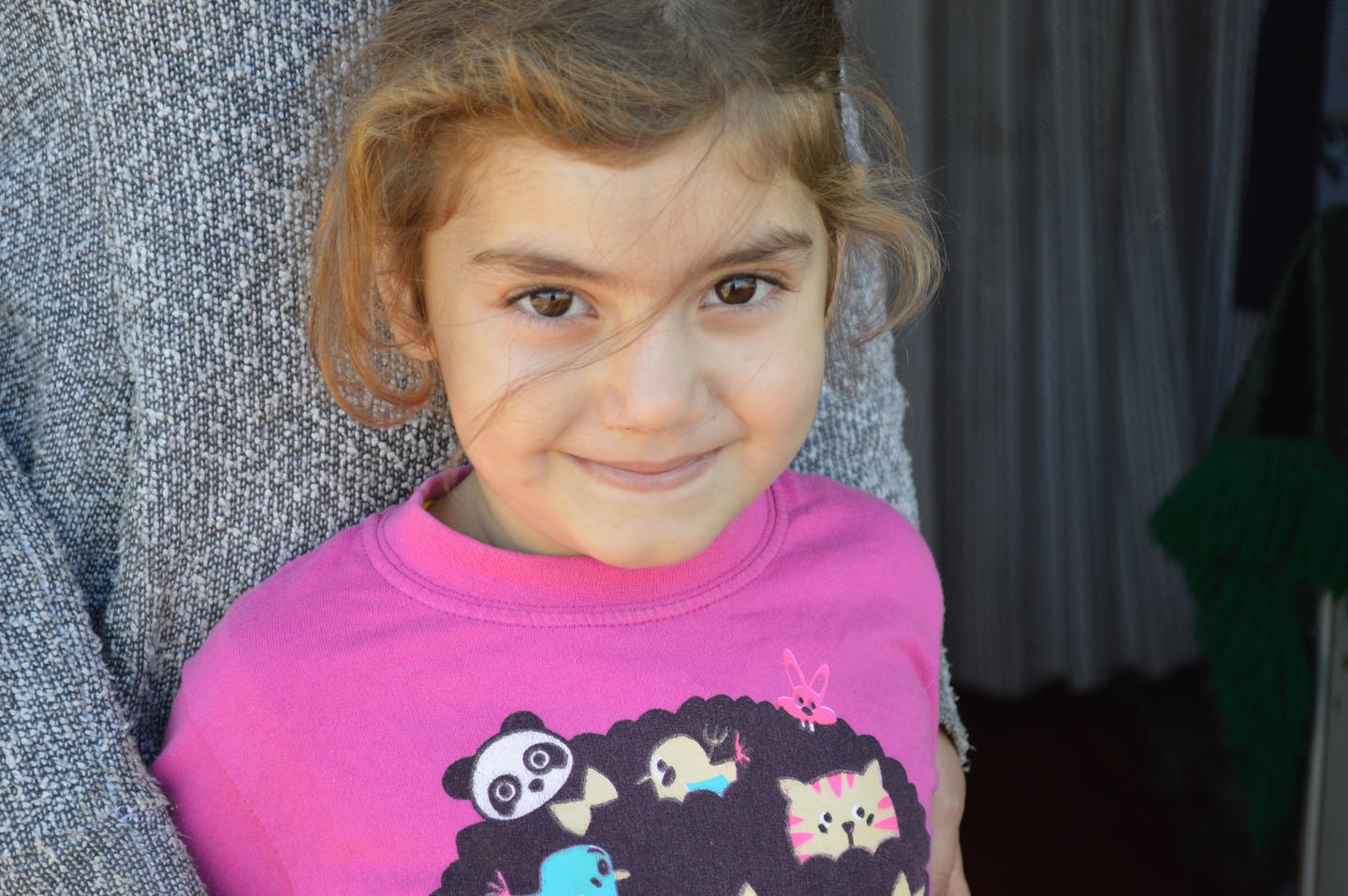Key information about the programme
- The programme is operated by: National Agency for Community Programme in the Field of Education and Vocational Training (ANPCDEFP).
- The Donor Programme Partner in this programme is: Direktoratet for høyere utdanning og kompetanse (HK-dir) and the National Agency for International Education Affairs (AIBA).
- The programme’s objective is: Enhanced human capital and knowledge base.
- The programme funding (excluding co-financing) amounts to €12 million and is funded entirely by the EEA Grants.
Why is the programme needed?
The gap in skills and competence and the rapidly changing needs of a dynamic labour market are challenges addressed in the strategic framework for European cooperation in education and training (ET 2020). Young people and adults, who do not have required skills, are excluded from the workforce. Adapting the education and training system to labour market needs is key. According to the Education and Training Monitor 2018, spending on education in Romania remains low. Key challenges include high rates of early school dropout, Roma exclusion, few links between universities and businesses, lack of upskilling and low participation in adult learning. The Romanian Education programme will strengthen the skills of students and staff, help modernise the school curriculum and make it more relevant and improve the provision of vocational education and training and inclusive education.
What will the programme achieve and who are the beneficiaries?
The Romanian Education programme consist of five components. Support will be given to: (I) improving skills and competences of students and staff in higher education; (II) strengthening institutional cooperation in higher education; (III) improve skills and competences of education experts; (IV) improved quality of work-based learning (vocational education and training); (V) increased institutional capacity of schools to ensure effective inclusion of Roma children.
Overall the programme expects to achieve 600 students and 400 staff participating in mobility projects; 20 joint intellectual outputs (e.g. studies, curricula and training methods) created in cooperation projects; 5 joint articles submitted to peer reviewed, scientific publications; 20 local school curricula re-designed by the school and companies to match the needs of the labour market; 15% decrease of Roma pupils experiencing discrimination in the 35 schools participating in the projects; 350 teachers trained in inclusiveness and multicultural teaching.
How will the programme strengthen bilateral relations?
The programme will contribute to strengthening bilateral relations between Romania and the Donor States. Donor partnerships are mandatory within all projects selected under component I, II and IV of the programme. These partnerships are expected to result in mutually beneficial activities and long-lasting cooperation between involved parties.
Availability of funding through open calls
The funding in this programme will be made available annually between 2018-2022 under the five components, as expressed above. Two rounds of calls have closed, but the following remain:
- Call 3 (component I-V) – second half 2019
- Call 4 (component I-V) – second half 2020
- Call 5 (component I-IV) – second half 2021
- Call 6 (component I only) – second half 2022
A call for preparatory visits (financed under the Bilateral Fund) was launched on 9 December 2017, with a rolling deadline until 30 June 2022. More information can be found here.
Download the full programme agreement for more detailed information about the programme. More information can also be found on the Programme Operator’s website and the website of HK-dir and AIBA.
